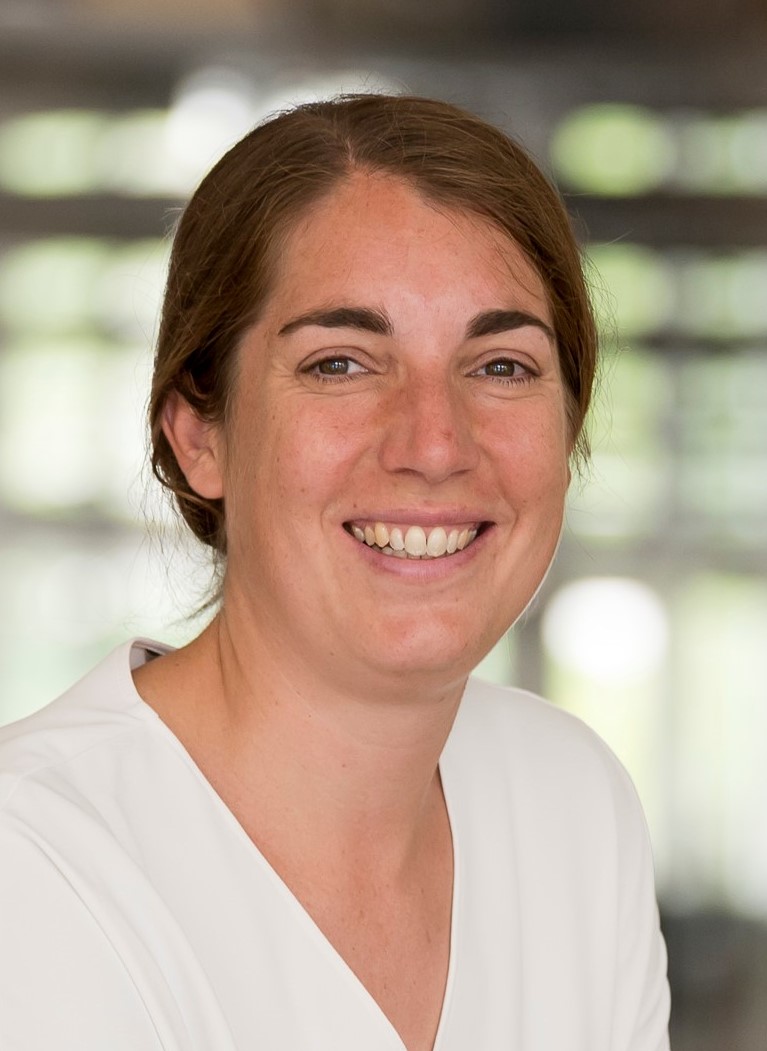| Date: |
Dates to be confirmed |
Venue: |
Online
|
| Type: |
Workshop series |
Fee: |
£265 (Members - £238.50) |
Register your interest
This workshop series is accredited for continuing professional development (4.5 CPD hours), with certification on successful completion.
This interactive series of three workshops introduces the basic concepts of statistics and how they are used in assessment. Taken consecutively over three weeks, each session builds on the learning from the last, with a chance to implement and reflect on the content in between.
The workshops have been designed for those with little or no knowledge of statistics. Delegates from various backgrounds are welcome including teachers, assessors, school management staff and assessment professionals.
If you are new to statistics, or have limited knowledge, this series will give you everything you need to get going and start making the most of your assessment data.
Workshop dates
| Week 1 |
TBC | 12:30 - 14:00 (UK time) |
Title: |
Descriptive statistics and presenting data graphically |
| Week 2 |
TBC | 12:30 - 14:00 (UK time) |
Title: |
Measures of dispersion and normal distribution |
| Week 3 |
TBC | 12:30 - 14:00 (UK time) |
Title: |
Comparing assessments and item-level data
|
Course outline
This series of three workshops will cover basic summary statistics, such as the mean, mode, median, range and standard deviation. You’ll look at graphical ways of displaying data, such as frequency distributions, cumulative frequency curves, histograms and boxplots and have an opportunity to explore the properties of the normal distribution curve. You’ll also discover how to compare assessments and analyse assessment items using the basic statistics concepts you have learned.
Throughout the sessions, examples will demonstrate these ideas in the assessment context.
- Week 1 - Learn how to calculate statistics that describe the central tendency of data and when to use them; learn how to summarise data in different types of frequency distribution; and learn about some key graphical representations that can be constructed from these summaries
- Week 2 - Learn about the statistics that describe data dispersion; understand how these are incorporated into some more complex graphical representations of data; and learn about the normal distribution or ‘bell curve’ and why it’s relevant to assessment
- Week 3 - Discover how the basic statistical concepts from week 1 and week 2 are applied in order to investigate assessment quality and compare assessments; understand the basics of Item Level Data (ILD) and the statistics involved
In addition to the workshops, you will take away resources to support you in applying the learning to your own context.
Key learning outcomes
By the end of the three sessions you will have:
- Gained confidence in understanding key statistical terms
- Used basic statistics to answer questions about your assessment data
- Developed strategies in using statistics to inform enquiries about the quality of your assessments
Course trainer
 Dr Joanna Williamson is a Senior Research Officer at Cambridge University Press & Assessment, working in the Educational Measurement team. Her research projects use statistical analyses of assessment data to look at questions such as the impacts of qualification reform, how to statistically link assessments, and relationships between students’ school qualifications and their progression to further or higher education and employment.
Dr Joanna Williamson is a Senior Research Officer at Cambridge University Press & Assessment, working in the Educational Measurement team. Her research projects use statistical analyses of assessment data to look at questions such as the impacts of qualification reform, how to statistically link assessments, and relationships between students’ school qualifications and their progression to further or higher education and employment.
Joanna holds an MMath in Mathematics, and also a PGCE, from the University of Oxford, and a PhD in Mathematics Education from the University of Southampton.